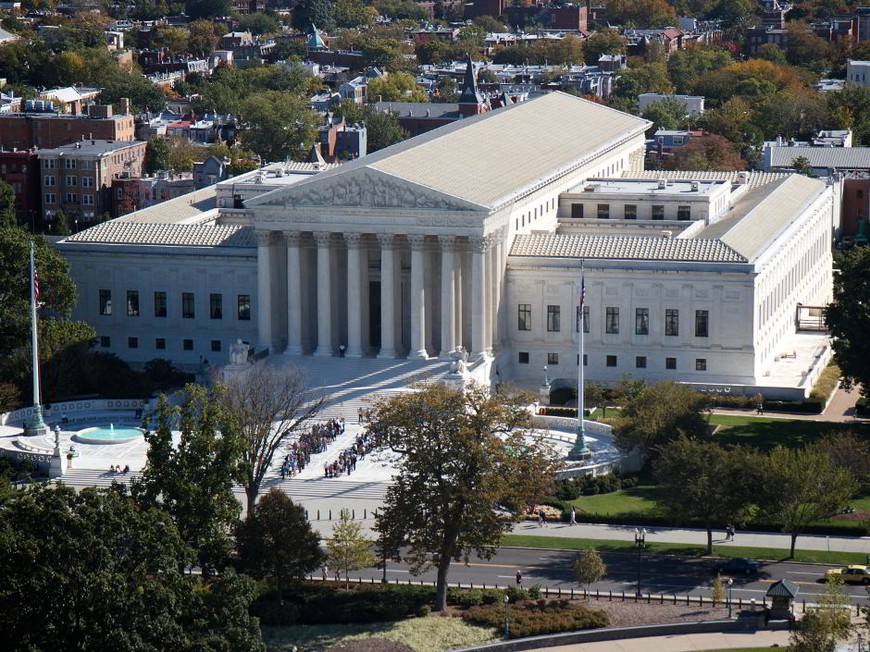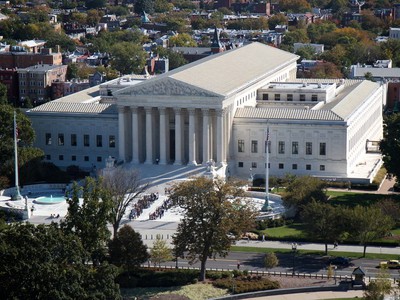

- On Friday the US Supreme Court will announce whether it has decided to examine the DiCristina case.
- A decision by the Supreme Court would determine for many States whether poker, as a game of skill, is covered by gambling laws, and at a Federal level, whether it is covered by the Illegal Gambling Business Act.
On Friday the US Supreme Court will announce whether it has decided to examine the Dicristina case, and therefore issue a ruling that will have consequences for the legality of poker in many US States.
From his bicycle shop in New York, Lawrence Dicristina ran a poker game where he charged 5% of each pot in return for providing the dealer, food and drinks.
In 2011, he was convicted by a jury of running an illegal gambling business. His conviction was immediately vacated by Federal Judge Jack Weinstein on the basis that poker is a game of skill and thus does not fall under the Illegal Gambling Business Act (IGBA) on which Dicristina’s charges were based.
Soon after, a government appeal overturned that ruling. Dicristina’s lawyers decided that the issues involved were significant enough to ask the Supreme Court to take the case.
A decision by the Supreme Court would determine whether poker, as a game of skill, is covered by the Illegal Gambling Business Act.
It only hears cases which are important from a constitutional perspective. The Dicristina case, meets that standard according to the defense Attorney of Record Neal Kumar Katyal, for three reasons.
He argues that the Second Circuit Court decision which upheld the government appeal is in conflict with previous decisions by the Supreme Court, and that the lower courts are divided on the issue because of fundamentally different interpretations of the legal phrase “includes but is not limited to.” Katyal also argues that the case is “ripe for review.”
“Dicristina does not intend to challenge his sentence. Yet the Government would have Dicristina take another appeal to the Second Circuit raising the very same argument rejected in the decision below. When the Second Circuit inevitably rejects that argument again, Dicristina will be back in this Court with the very same petition. Nothing will have changed.”
The US Supreme Court hears less than five percent of the cases that are petitioned each year making the odds about equivalent to hitting a two-outer on the river.

